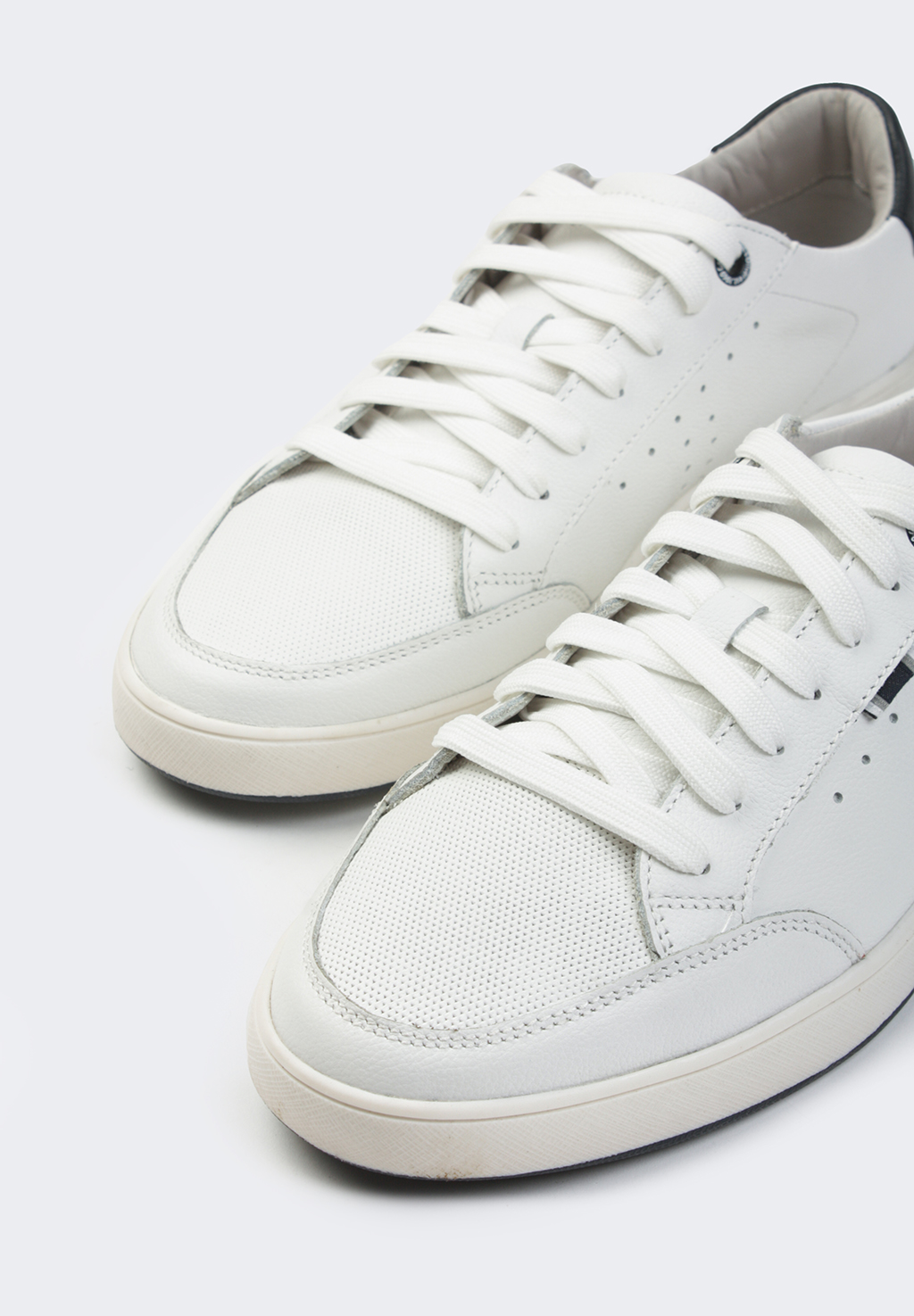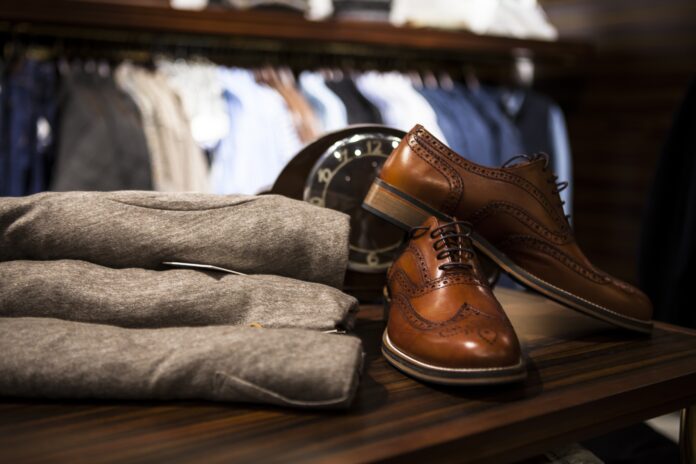When it comes to protecting our feet and ensuring we stay healthy and mobile, there’s one piece of footwear that often gets overlooked: clinical shoes. While they may not be the most fashionable choice, wearing the right clinical shoes can have a huge impact on our overall health. In this blog post, we’ll explore why people choose to replace their regular shoes with Clinical Shoes, and the positive effects that wearing them can have.
Wearing the wrong shoes can lead to pain in the feet, ankles, knees, hips, and back
It’s no secret that shoes play a significant role in the overall health of our feet, ankles, and beyond. When we wear the wrong shoes, we can experience pain and discomfort in various parts of our body, not just our feet.
For example, wearing shoes that lack adequate support and cushioning can put extra strain on our feet, leading to pain in the ankles, knees, and hips. Over time, this strain can also contribute to back pain and discomfort.
Likewise, wearing shoes that are too tight or too loose can lead to problems like blisters, calluses, and even hammertoes. These conditions not only cause pain and discomfort but can also affect the overall appearance of our feet.
To avoid these problems, it’s important to wear shoes that are designed to provide the right amount of support and stability for our individual needs. This is especially crucial for people with pre-existing foot problems, such as diabetes or plantar fasciitis.
Clinical shoes, for instance, are specially designed to provide support, cushioning, and relieve pressure on the feet. These shoes are typically recommended for healthcare professionals who spend long hours on their feet, but they can be beneficial for anyone who wants to protect their feet and overall health.
By investing in the right pair of shoes, you can prevent foot pain and other related problems that can affect your daily life. So, the next time you’re tempted to opt for style over substance, remember that your feet (and the rest of your body) will thank you for choosing the right shoes.
 Wearing the wrong shoes can also lead to bunions, calluses, and hammertoes
Wearing the wrong shoes can also lead to bunions, calluses, and hammertoes
Not only can wearing the wrong shoes cause pain in your feet, ankles, knees, hips, and back, it can also lead to unsightly and uncomfortable foot conditions. Bunions, calluses, and hammertoes are three of the most common problems caused by ill-fitting shoes.
Bunions are bony bumps that form at the base of the big toe, causing it to bend toward the other toes. This can be extremely painful and can also lead to difficulty finding shoes that fit properly. Calluses are thick, hardened areas of skin that develop on the feet from excessive rubbing and pressure. While they are not usually painful, they can be unsightly and can make wearing certain shoes uncomfortable. Hammertoes are toes that are bent in an abnormal position, usually in a claw-like shape. This can cause pain and discomfort, as well as difficulty finding shoes that fit properly.
All of these conditions can be prevented or minimized by wearing shoes that fit properly and provide adequate support. Clinical shoes, in particular, are designed to do just that. By providing support and stability, clinical shoes can relieve pressure on the feet and prevent many of the conditions caused by wearing the wrong shoes.
If you’re someone who spends a lot of time on your feet, it’s especially important to invest in shoes that will keep your feet healthy. Not only will you feel better in the short term, but you’ll also be preventing long-term damage to your feet and overall health.
People with diabetes or other foot problems are especially at risk for complications from wearing the wrong shoes
People with diabetes or other foot problems are at an increased risk of complications from wearing the wrong shoes. Diabetic neuropathy, which causes nerve damage and numbness in the feet, can make it difficult for people to feel discomfort or pain caused by ill-fitting shoes. This can lead to blisters, calluses, and other foot injuries that may become infected.
In addition, people with foot problems such as flat feet, high arches, or plantar fasciitis may also experience increased discomfort or pain when wearing improper shoes. Shoes with poor arch support or insufficient padding can exacerbate these conditions and lead to further pain or inflammation.
For people with diabetes, foot injuries can be particularly serious. Poor circulation and nerve damage can make it difficult for the body to heal, increasing the risk of infection and potentially leading to more severe complications such as foot ulcers or even amputation.
It’s important for people with diabetes or other foot problems to wear shoes that provide adequate support and cushioning. Clinical shoes are often recommended for people with these conditions, as they are designed to reduce pressure on the feet and promote proper alignment. Choosing the right shoes can help prevent foot injuries and promote overall health and well-being.
Clinical shoes are designed to provide support and stability, and to relieve pressure on the feet
Clinical shoes, also known as medical or therapeutic shoes, are specifically designed to address foot health issues and provide necessary support and stability to the feet. They are specially crafted to distribute weight evenly and alleviate pressure on certain areas of the feet, which helps to prevent pain, injuries, and other problems.
In general, clinical shoes are recommended for people who have to spend extended periods on their feet, especially those who work in healthcare, hospitality, and other service-oriented industries. These shoes provide a comfortable and safe environment for the feet, allowing them to perform optimally without experiencing undue strain or pressure.
Moreover, clinical shoes are particularly beneficial for people with certain foot conditions such as plantar fasciitis, flat feet, and diabetes. In these cases, wearing the wrong type of shoes can cause serious health complications and exacerbate existing issues. On the other hand, clinical shoes provide the necessary support and protection that help to reduce the risk of further damage and discomfort.
Overall, investing in high-quality clinical shoes is an excellent way to ensure optimal foot health and comfort. Not only do they provide necessary support and stability, but they also prevent many common foot problems that can be caused by improper footwear. By prioritizing foot health, we can take care of our overall well-being, from head to toe.
Wearing clinical shoes can help prevent foot pain and other problems
Clinical shoes are designed to provide support and stability to the feet. They are specifically designed for people who stand or walk for extended periods of time, such as healthcare workers, nurses, doctors, and surgeons. The support and cushioning provided by clinical shoes can help to prevent foot pain, and can also prevent other problems such as calluses, bunions, and hammertoes.
One of the key features of clinical shoes is the arch support that they provide. This helps to distribute the weight of the body evenly across the foot, reducing the pressure on any one area. Additionally, clinical shoes have a wide toe box, which allows the toes to spread out naturally, reducing the risk of bunions and other foot problems.
Another benefit of wearing clinical shoes is that they provide a slip-resistant sole. This is especially important for healthcare workers who are constantly on their feet, as it helps to prevent slips and falls on wet or slippery floors.
For people with diabetes or other foot problems, wearing clinical shoes is even more important. People with diabetes are at a higher risk of foot complications, such as nerve damage and poor circulation. Wearing shoes that fit well and provide adequate support can help to prevent these complications from developing. It’s important to note that clinical shoes are not just for healthcare workers. Anyone who spends a lot of time on their feet can benefit from wearing clinical shoes. This includes teachers, retail workers, and anyone who works in a standing position for extended periods of time.
When it comes to replacing clinical shoes, it’s important to do so when they start to show signs of wear and tear. As with any shoe, the cushioning and support in clinical shoes can break down over time. If you continue to wear shoes that are worn out, you may not be getting the support you need, which can lead to foot pain and other problems.
Overall, wearing the right shoes can have a big impact on your overall health, from head to toe. If you’re someone who spends a lot of time on your feet, it’s important to invest in a good pair of clinical shoes to help prevent foot pain and other problems. If you already wear clinical shoes, be sure to replace them when they start to show signs of wear and tear, to ensure that you’re getting the support and cushioning you need.
Conclusion
Taking care of your feet is essential for overall health and wellbeing. Wearing the right shoes, particularly clinical shoes, can make a significant impact on foot health. From preventing pain to reducing the risk of complications in those with diabetes, clinical shoes are designed to provide support, stability, and comfort. Whether you are a healthcare worker or someone who spends a lot of time on their feet, investing in high-quality clinical shoes is a smart choice. Don’t let foot pain hold you back – prioritize your foot health and start wearing the right shoes today.
| Other Good Articles to Read |
| Blogs-Nation |
| Blogs-Peoples |
| Bryan Smith Blogs |
| Intellect Blogs |
| The Fault In Our Blogs |
| Blogs Eu |
| Oz Forums |
| Recruitment Blogs |
| Zet Blogs |
| Id Blogs |
| Blogs Tudiolegale |
| Blogs Map |

